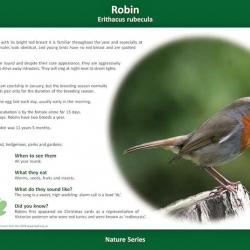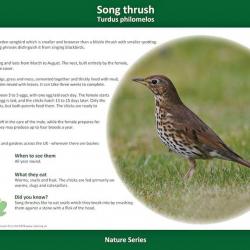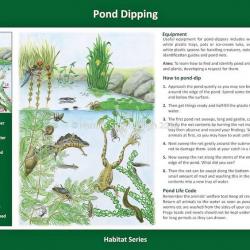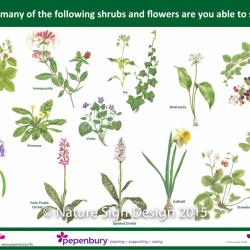The weather in December has been different to say the least. With double the average rainfall and an average temperature 4 degrees higher than average according to data released by the Met Office. This has been the wettest and mildest December on record for the United Kingdom.
Whilst you may be thinking that’s good news because you don’t have to de-ice your windscreen every morning, spare a thought for the wildlife not to mention the thousands of people who have suffered severe flooding.
Wildlife experts are concerned that the mild winter weather will affect our national wildlife in ways that we may not expect. This incudes animals not hibernating or migrating as they normally would. There are reports across the country of hedgehogs, normally in hibernation in December, being spotted out and about.
As well as affecting common mammals’ amphibians such as toads are also showing stage behaviour for this time of year. Toads are normally dormant during cold winter months but sightings seem to suggest they are far more active than usual. Some experts are concerned as female toads require a dormant period so they can develop eggs ready for spawning in the spring months.
The mild December isn’t just affecting the fauna of the United Kingdom. In Devon there are reports that the spring Primrose is already in flower. Normally a sure fire sign that spring is on its way.
A major concern is that our wildlife is being lulled into a false sense of spring. With both robins and song thrushes being very active its not unimaginable to see them with twigs in their beaks ready for nesting.
At Nature Sign Design we are passionate about our national wildlife. We are asking all our friends to keep an eye on their local wildlife and report anything that they think is unseasonal or strange.
- Habitats






